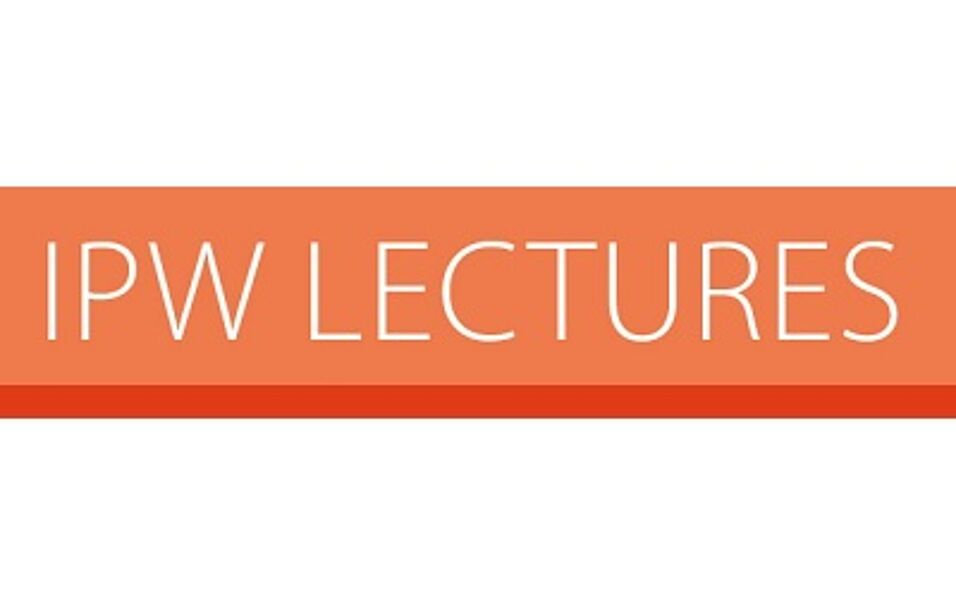When: Tuesday, 19 March 2024, 17:00-18:30
Where: Konferenzraum, Department for Political Science, NIG, 2nd floor, Universitätsstraße 7, 1010 Vienna
Speaker: Zsófia Lócránd (RECET, University of Vienna)
Moderation: Eszter Kováts (Department of Political Science, University of Vienna)
Abstract
The long debates between feminism and socialism about the place of class and gender in progressive politics were re-invigorated in unexpected ways by the Marxist renaissance and second wave feminism in various locations across East Central Europe. Women in Yugoslavia developed a feminist critique of the perseverance of socialist patriarchy as early as the mid-1970s, and many of the new feminist thinkers were inspired by Marxist revisionism, the Lukács School among them. The philosopher Ágnes Heller’s work from the early 1970s was one of their main inspirations – a surprising choice in many ways. My talk draws on the Yugoslav feminist interpretations of Heller’s work and the broader potential of “feminised Marxism” or Marxist feminism in the writing of Nada Ler Sofronić, Blaženka Despot, and Nadežda Čačinovič to map the relevance of Marxist revisionism for these authors, and as a path to reinterpreting Heller's early work on women, the family, and feminism.
Zsófia Lóránd is Assistant Professor at the Department of Contemporary History and RECET at the University of Vienna. Her book, The Feminist Challenge to the Socialist State in Yugoslavia on the intellectual history of feminism in the 1970s and 1980s was published in 2018 and got translated into Croatian in 2020. Currently, she is working as PI on her ERC-funded project HERESSEE “The History of Feminist Political Thought and Women’s Rights Discourses in East Central Europe 1929 – 2001”.

